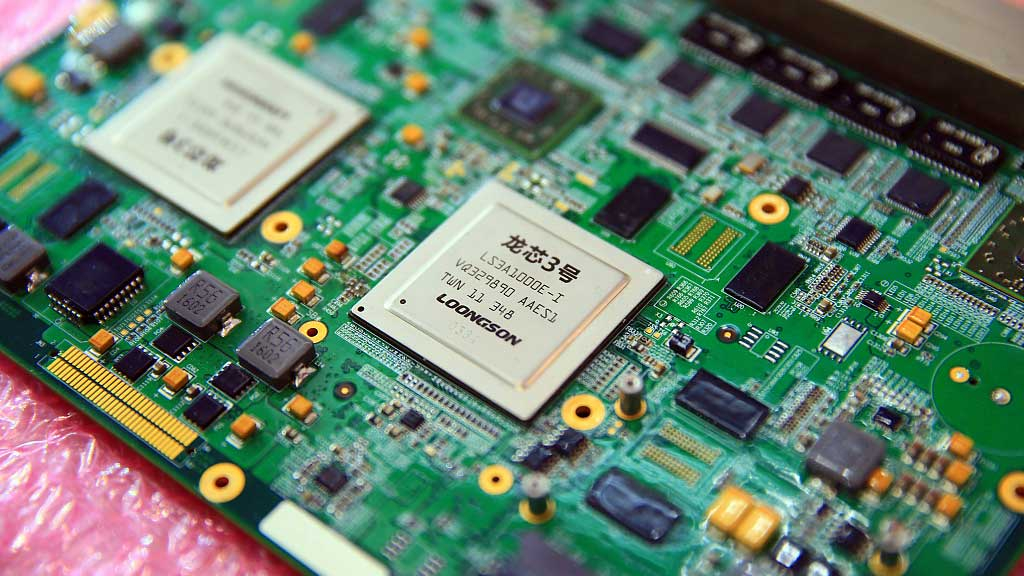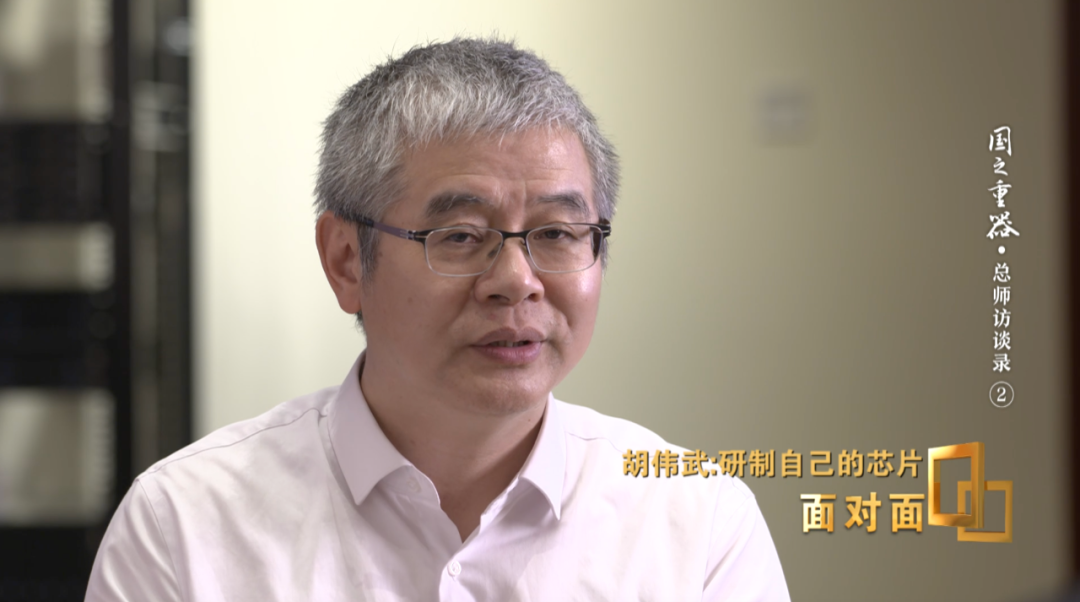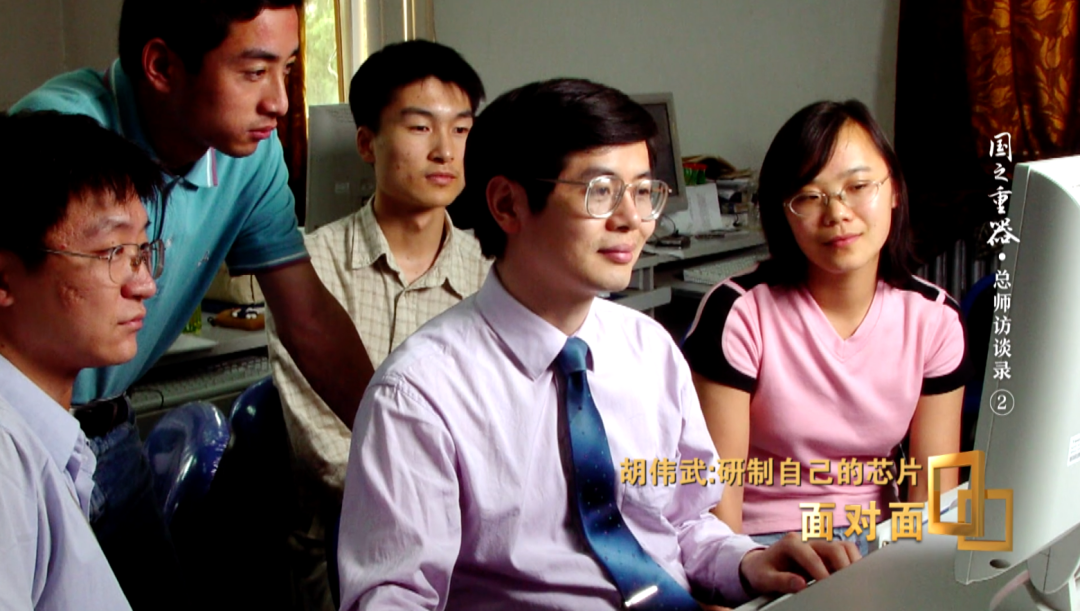
A file photo of computer board with Loongson 3 as the core. /CFP
A file photo of computer board with Loongson 3 as the core. /CFP
"Like I always said, we might use English to write articles, but we can not develop our national culture based on English."
Hu Weiwu, president of major Chinese chip designer Loongson Technology, made the remarks in an exclusive interview with China Media Group (CMG). He has been devoted to developing China's homegrown computer instruction systems and chips for decades.
Being the basis of information technology, the instruction systems and the information technological systems developed by two major developers from the West have been dominating the global information industry for a long period.
Hu, also the chief engineer of the Institute of Computing Technology (ICT) under the Chinese Academy of Sciences (CAS), told CMG that he realized in the 1990s that it's imperative to create China's own instruction systems and chips to serve the country's development and innovation in computer science.
"The instruction system is like the language for computers, or the language for software and hardware, which is similar to our natural languages," said Hu.
"We could buy an instruction system from foreign producers to develop new products, but it is necessary for us to produce our country's own ecosystem of instructions."

Hu Weiwu, president of major Chinese chip designer Loongson Technology, speaks during an exclusive interview with China Media Group. /CMG
Hu Weiwu, president of major Chinese chip designer Loongson Technology, speaks during an exclusive interview with China Media Group. /CMG
The path towards chip self-reliance
In the 1990s, some Western countries reached the Wassenaar Arrangement, blocking China's access to essential technologies, including the ones involving computer sciences.
The CPU chips and core components of computer systems in China were entirely imported at the time when the Chinese academic circles were still divided on whether to develop their own computer kernels or not, Hu recalled.
Some thought that using foreign CPUs to develop relevant software was an easier and faster way to achieve profits with lower cost, but Hu believed that self-developed CPUs were necessary for China's success..
In 2001, the Institute of Computing Technology appointed Hu to develop the Loongson CPU with an investment of over 400 million yuan (around $56.8 million).
Hu didn't have experience in CPU design. From 2001 to 2010, his team made breakthroughs in some fields, while the overall achievements were not significant.
With unremitting efforts, Hu and his team developed Loongson 1 in August 2002, the first general-purpose CPU designed by Chinese scientists.
In 2015, by adjusting product positioning, Loongson's sales exceeded 100 million yuan, turning losses into profit.
In 2018, the domestic chip industry was deliberately suppressed by some Western countries, and Loongson also suffered pressure, forcing the company to develop its own command system.
In 2021, Loongson unveiled its first fully self-developed CPU architecture LoongArch, which uses an original instruction set and was hailed as a "historic breakthrough" by industry insiders.
Presently, Loongson's CPU chips based on a new architecture named "3A5000" are undergoing internal tests. Its processing performance is very close to that of mainstream products on the market, Hu said, adding that a complete operating system based on LoongArch, which is about as mature as Windows XP, has also run stably on computers using the chip.
"I hope people will buy Loongson chips not because they want to support domestic products, but out of trust and cost-effectiveness of our products," Hu said.

File photo of Hu Weiwu with other researchers. /CMG
File photo of Hu Weiwu with other researchers. /CMG
Stories of Hu and other chip-chasers
Hu joined the Communist Party of China in 1986 when he was a senior middle school student. He got an offer from the University of Science and Technology of China, majored in computer science and technology, and then became a researcher at ICT.
He said his mentors at the CAS have been exemplary models for him in terms of both academic research and along the odyssey to better serve the country.
"After my mentor academician Xia Peisu retired, I often visited her for my research, even when she was lying on bed due to sickness."
Xia used to tell Hu that her lifetime wish was to see a prosperous computer industry in China, and Hu's generation needed to do better as her generation could not finish the task.
Hu's research partner Huang Lingyi is in her 80s now, but still spends a lot of time in front of the computer.
"There was one time I told Huang to give herself a break and rest more, offering instructions to the young generation. But she responded without hesitation that all she ever wanted is to narrow the gap between China and other countries. So this is why she has to keep up the work, because it's our turn," said Hu.

